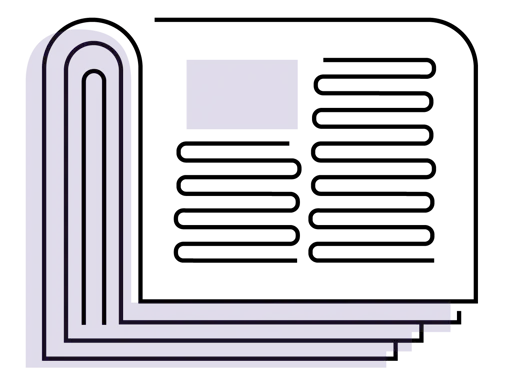The BMA is warning that negative changes to pensions taxation in next week’s Budget would derail the Government’s chances of meeting its pledge to cut NHS waiting lists.
In a letter to the Chancellor1, the chair of the BMA’s pensions committee says that punitive changes would prevent doctors from taking on additional work, force them to reduce their workload, or in the worst case, leave the NHS entirely.
The BMA is calling on assurances from the Government that it will:
- Not reduce tax-free pension lump sum allowances;
- Not reintroduce the lifetime allowance;
- Not introduce a flat rate tax relief on pension contributions;
- At least index the annual allowance threshold in line with inflation and provide a solution for the poorly designed annual allowance taper2.
The BMA says that reducing the tax-free pension lump sum allowance would cause a large number of doctors to retire immediately in order to not be hit by huge tax bills that they had not planned for. According to NHS data, more than 22% of the consultant workforce in England are between the age of 55-64, many of whom are able to take early retirement.
The tapered annual allowance, which dictates how much a person’s pension can hypothetically grow before it is subject to more tax, can trigger additional charges of up to £22,500 as a result of just £1 of further earnings.
In his letter to Chancellor Rachel Reeves, BMA pensions committee chair Dr Vishal Sharma, said:
“The Government has committed to bringing down record waiting lists via 40,000 additional appointments a week, but the wrong changes to pension taxation could completely derail these plans before they have even started. As we have already highlighted, the tapered annual allowance is already impairing senior doctors’ ability to take on additional work but some of the potential changes that are being suggested could result in doctors retiring on an unprecedented scale.
“After many years of doctors being left with little option but to take action, such as reducing their workload or leaving the NHS entirely, to mitigate the disproportionate impact of pension tax policy, the last thing that the NHS needs is further detrimental changes.”
Dr Sharma also warns of unintended consequences of national insurance rises on the NHS as an employer, whether these are increases to the rate of employers’ national insurance, or subjecting employers’ pension contributions to national insurance charges.
He says that the Treasury would need to meet these costs or the NHS – including GP practices – would need to be exempt.
“GP practices are already under immense financial pressures – levying further costs could likely cause the closure of even more practices,” he says.
Dr Sharma adds: “I would again urge you to consider these points, alongside our wider BMA submission to the Budget consultation as you finalise the coming Budget. The wrong changes could have irreparable damage for the NHS and the Government’s ambitions to improve waiting times for patients.”
Ends
Notes to editors
The BMA is a professional association and trade union representing and negotiating on behalf of all doctors in the UK. A leading voice advocating for outstanding health care and a healthy population. An association providing members with excellent individual services and support throughout their lives.
- Read the letter.
- In a snap survey of BMA members in June 2024, BMA members from across the UK made clear that the tapered annual allowance presents a serious risk to the government’s goal to deliver an extra 40,000 appointments through extra weekend and evening working. 71% of all respondents indicated that if there were no reforms to the tapered annual allowance, this would prevent or limit their ability to take on additional overtime. Amongst consultant respondents this proportion rose to 77%.

